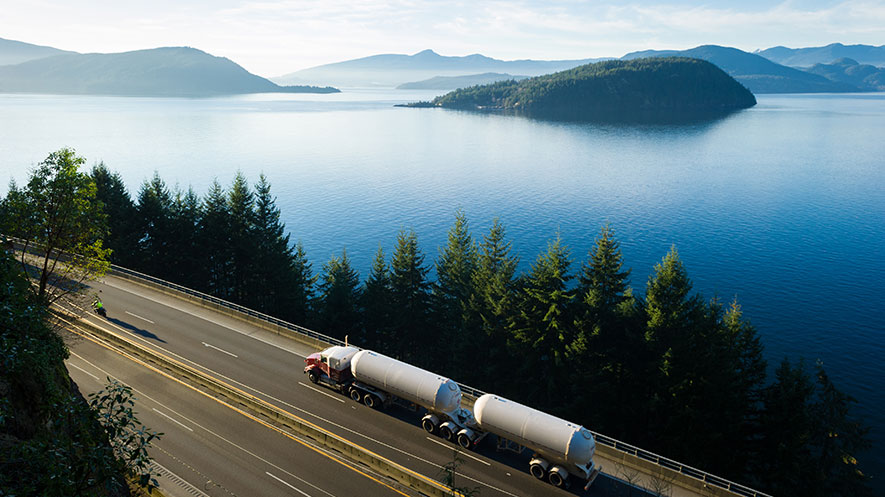The Government of Canada is taking concrete action, under the Oceans Protection Plan, to protect its marine and coastal areas from potential oil spills.
More than $80 million (CAD) in new science funding for new partnerships, improved knowledge and new technologies that will help mitigate and prevent marine incidents such as oil spills, have been announced by Fisheries, Oceans and the Canadian Coast Guard.
“Our government is committed to protecting our marine and coastal areas so that they are safeguarded for future generations. These new initiatives will ensure that Canada has the capacity to provide the best scientific advice and tools to prevent and respond to oil spills in our waters,” said Scott Brison, President of the Treasury Board of Canada.
The funding includes the creation of a new $45.5 million research program to leverage collaboration among the best researchers across the country and around the world. The Multi-Partner Research Initiative will include a $10 million-a-year research fund to bring scientists together to improve our collective understanding of how oil spills behave, how best to clean and contain them, and how to best minimize their environmental impacts.
The funding also includes $16.8 million to support oil spill research so that we can better understand how oil behaves and degrades in different conditions, including cold water. As part of this investment, Canada’s Centre of Offshore Oil, Gas and Energy Research in Halifax, Nova Scotia, will increase its research capacity with more scientists and specialized equipment. Funding will also go to external researchers across the country to study how various oil contaminants affect fish and other aquatic organisms. Canadas National Contaminants Advisory Group (NCAG) will administer the projects on oil and gas contaminants, which will help inform the Department’s decision-making on how to protect and use marine and freshwater environments.
“Science will form the foundation of our world-leading marine safety system. This new investment in research and new technologies will allow us to better prevent and respond to potential marine incidents and will help us protect Canada’s marine ecosystems from coast to coast to coast,” said Dominic LeBlanc, P.C., Q.C., M.P., Minister of Fisheries, Oceans and the Canadian Coast Guard.
And finally, $17.7 million will go towards enhancing ocean models of winds, waves and currents, so that emergency responders can accurately track spills and predict their path. Enhanced ocean modelling will also support safe marine navigation and help prevent spills from happening.
These investments in ocean modelling, oil spill behavior, biological effects, containment and cleaning techniques will ensure that Canada has both the capability and capacity to provide the best scientific advice and tools to prevent, and respond to, oil spills. Advanced ocean modelling work will be conducted in six priority ports across the country: Kitimat, BC; Port-Metro Vancouver, BC; Fraser River Port, BC; Port of Canso, NS; Port of Saint John, NB, and St. Lawrence River from Quebec City to Montreal.





